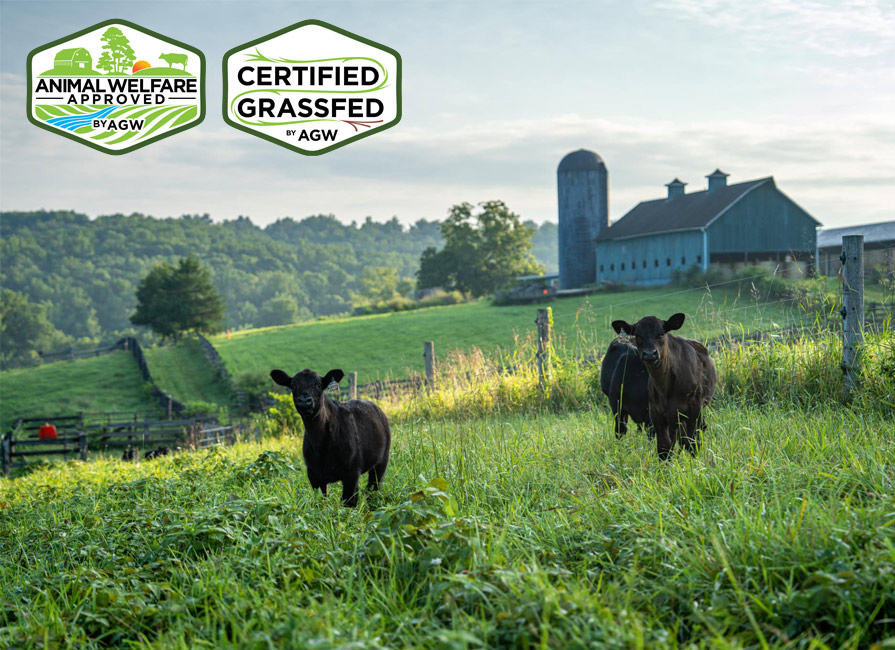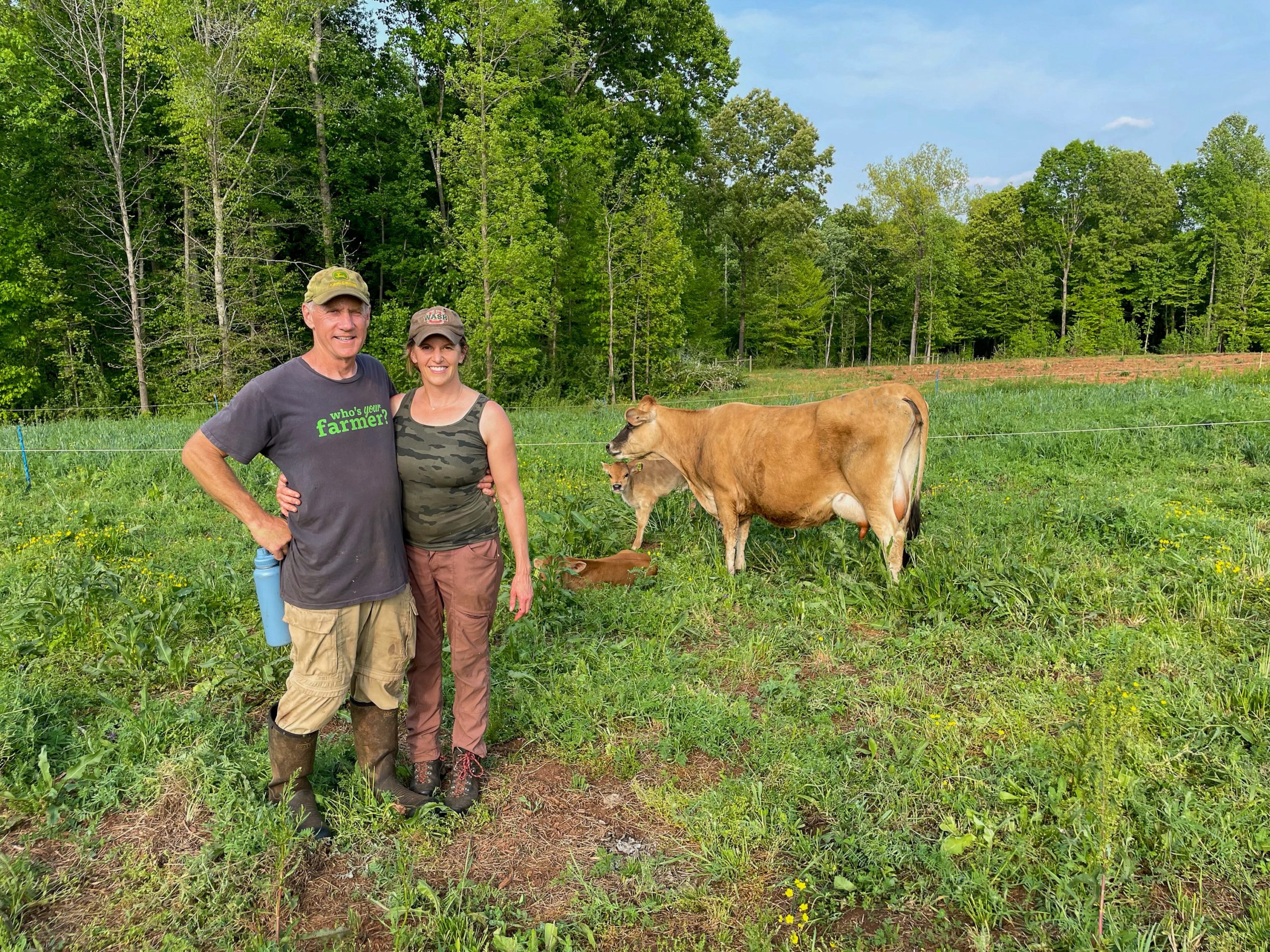The history of Kinloch Farm dates back to the early 1800s, when the farm was…
Berea College Farm – Berea, KY
Located in the rolling hills of Kentucky, Berea College was founded in 1855. The Berea College Farm program, which included a garden, livestock and a creamery, started in 1871 as a way to produce food for students and staff. Over time, however, the school’s food program shifted focus to off-farm suppliers as less expensive alternatives became available. In recent years, with a renewed focus on local food and wide support for campus-based agriculture, the college saw an opportunity to restore the farm to its former importance as a source of food for the community. Today, the Berea College Farm team, with the guidance of Farm Manager, Bob Harned, manages Certified Animal Welfare Approved by AGW beef cattle and pigs.
With the renewed focus on local food and wide support for campus-based agriculture, the college saw an opportunity to restore the farm to its former importance as a source of food for the community. Bob explains, “We started to wonder why we were buying food when we could grow it?” The farm now produces a variety of produce and meat for sale to the surrounding community and to campus dining services. “We went from selling nothing to selling over $35,000 worth of our own products each year. We are trying to move towards what this farm was in the past.”
Livestock is a key aspect of the farm program, and Bob explains that continual learning is a vital part of the teaching program. “We don’t want to be set in our ways.” Recent successful trials include letting the farm’s pigs “hog down” corn, and a new grazing plan for grass-finished beef. Bob says the farm sought out the Certified Animal Welfare Approved by AGW certification as another way to reach customers. “We wanted to be certified to encourage people to contact us to find out what it means – and maybe take something home with them.” He continued, “It’s something we’re very proud of.” The farm’s certification is also a way to teach students about high-welfare, pasture-based husbandry and to build those important skills in future farmers.
For more information on the farm, including visiting hours, visit their website and follow them on Facebook and Instagram.


